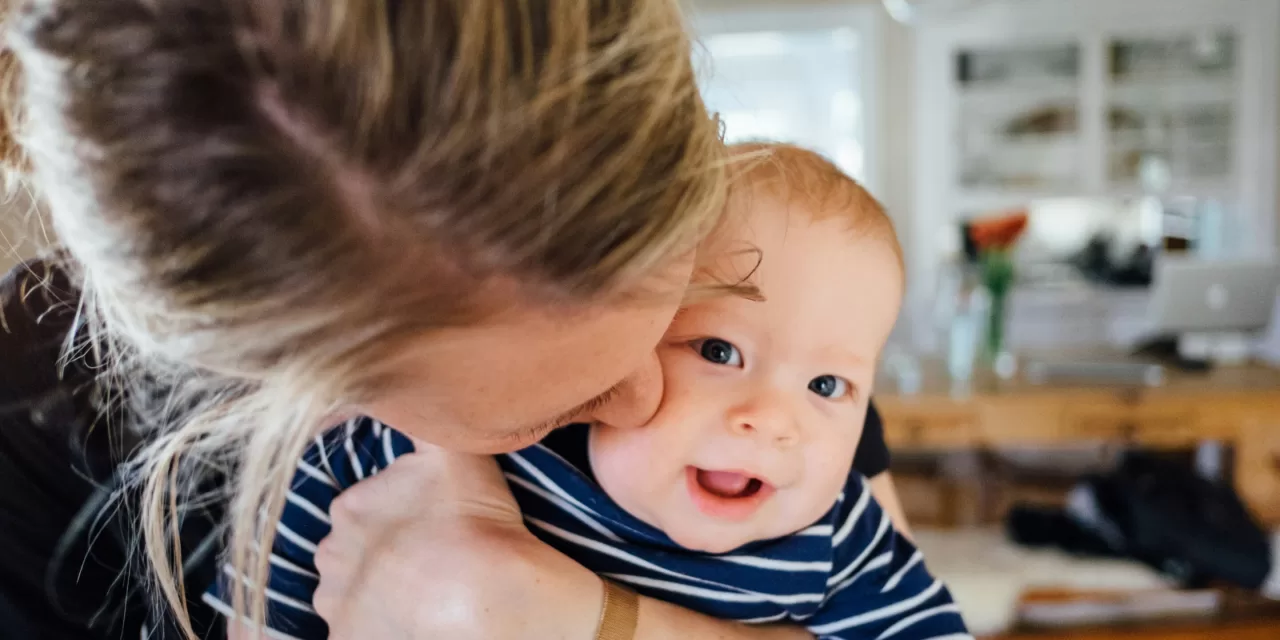As the holiday season approaches, many parents find themselves grappling with the challenges of disrupted routines, including packed schedules and no school. With bedtime disrupted, some parents turn to melatonin, hoping it will help their children fall asleep. However, new research raises concerns about the safety and effectiveness of this increasingly popular solution.
According to a study published in JAMA Pediatrics, nearly one in five school-age children now regularly use melatonin supplements. Alarmingly, the study also found that about 6% of preschoolers, aged 1 to 4, are taking the sleep aid. While melatonin is a naturally occurring hormone that helps regulate sleep, experts warn that melatonin supplements are not as carefully regulated as prescription medications, and there is limited research on their long-term use in children.
Dr. Cora Collette Breuner, a professor of pediatrics at the University of Washington, expressed concern over the widespread use of melatonin, telling NPR, “It is terrifying to me that this amount of an unregulated product is being utilized.”
This surge in melatonin use has been linked to a significant rise in melatonin poisoning cases. Data from the Centers for Disease Control and Prevention (CDC) reveals that cases of melatonin ingestion reported to poison control centers—particularly among children under the age of 5—skyrocketed by more than 500% between 2012 and 2021. In that period, poison control centers documented 260,435 cases of pediatric melatonin ingestion, with the sharpest increase occurring during the COVID-19 pandemic.
Experts urge parents to consider evidence-based strategies for promoting healthy sleep before resorting to melatonin. These strategies include:
- Maintaining consistent bedtimes, even during holiday festivities
- Turning off screens at least one hour before bed
- Using blackout shades and white noise machines if needed
- Avoiding letting children stay up more than one to two hours past their normal bedtime on weekends
- Creating a calming bedtime routine with activities such as reading or listening to quiet music
If sleep problems persist, experts recommend that parents consult a pediatrician before giving their child melatonin.
When melatonin is prescribed, the American Academy of Pediatrics advises parents to seek supplements that feature a USP (U.S. Pharmacopeia) label, indicating third-party testing for content accuracy and contaminants. The Academy also emphasizes that melatonin should only be used as a short-term solution under medical supervision.
While melatonin can be an effective sleep aid in certain situations, experts caution parents to weigh the risks and consider alternatives. Healthy sleep habits, when established early, can set the stage for better rest and overall well-being for children.
Journal Reference: JAMA Pediatrics











